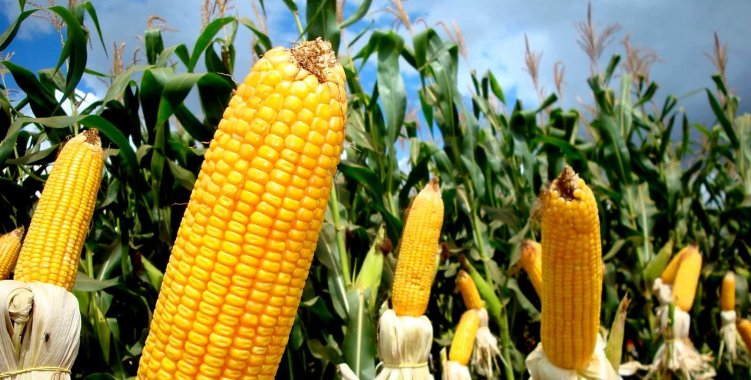"A lot of what these technologies do is really help in times of drought," said Beth Dunford, African Development Bank (AfDB) vice president for agriculture and human and social development, in an interview with Lusa on the sidelines of the annual meetings of the AfDB in Accra, Ghana.
The AfDB last week announced a 1.5 billion dollars African Emergency Food Production Plan that will benefit 20 million farmers with seeds and fertilizers as well as other agricultural inputs to produce 38 million tonnes of food, worth 12 billion dollars.
This will include 11 million tonnes of wheat, 18 million tonnes of corn, six million tonnes of rice and 2.5 million tonnes of soybeans.
To Lusa, Beth Dunford recalled that the war in Ukraine left an "unacceptable level of food insecurity on the African continent, which is increasing".
"Millions of Africans go to bed hungry every night" and this is in part because the war "exposed the vulnerability of the African continent to imports that are too expensive to supply very basic needs," she said.
Prices of major commodities have risen by 20 to 50 percent, which obviously hits the poorest hardest, while fertilizers have gone up 200 to 300 percent, she recalled.
The banker said that this is not the first time that Africa has faced a food crisis and, although it may seem more serious because the continent was still recovering from the pandemic, the current crisis has a particularity: it comes at a time when a lot has been invested in agriculture. and there are technologies that didn't exist before.
"I'm talking about climate-adapted seeds that didn't exist. These technologies do exist, but they're not reaching farmers at scale," Dunford said, explaining that the Technologies for Agricultural Transformation of Africa (TTAA) program is working to change this situation.
Asked whether this plan will help in situations of severe drought like the one currently affecting southern Angola, the Horn of Africa or southern Madagascar, Dunford said: "We've already seen these technologies in times of drought, but not so severe. The losses are not so great".
And she exemplified with the case of Ethiopia, where heat-tolerant wheat, a technology that didn't exist 10 or 15 years ago, allows farmers to plant in areas where they couldn't, because they are too hot, and still dramatically increase their yields.
Ethiopia, which was dependent on wheat imports in the order of 1.6 million tons per year, now has 600,000 hectares of wheat and manages to harvest three to four tons of wheat per hectare when before they only harvested 1.5.
"More importantly, Ethiopia has not had to import wheat this year (...) and hopes to export next year. It is this kind of success and transformation that we want to scale across the continent," she said.
Using the 1.5 billion dollars plan, the AfDB expects to produce 38 million tonnes of food, Dunford said, as the war in Ukraine left a loss of 30 million.
The banker added that all African countries are eligible to use the mechanism, and the AfDB is already accepting requests from governments.
"The facility has just been launched and we are working on it right now (...). We are launching it very, very quickly, using very fast disbursement methods to get that assistance to the governments that really need it now," she said.
Although it does not produce immediate results, for this there are humanitarian organizations that provide food assistance, the mechanism will produce them over the next four agricultural seasons.
"It will not be in the immediate term, but in the short and medium term, laying the foundations for the long term," she said.
The aim, she underlined, is to "lay the foundations for that transformation of agriculture" that the AfDB seeks in Africa.
Agriculture is one of the bets of the ADB, whose president, Akinwumi Adesina, believes that the continent has the potential to become the solution to the global food crisis.
The official defends a modern agriculture, with appropriate technology, productivity and framed with the necessary infrastructure, road, energy, irrigation, logistics.
"The time has come for Africa not only to produce food, but also to process food. Pack food. Africa must have quality standards in the food it produces and must export. When we talk about agriculture, we don't talk about agriculture to maintain poverty, but to create wealth for Africa", she concluded.







